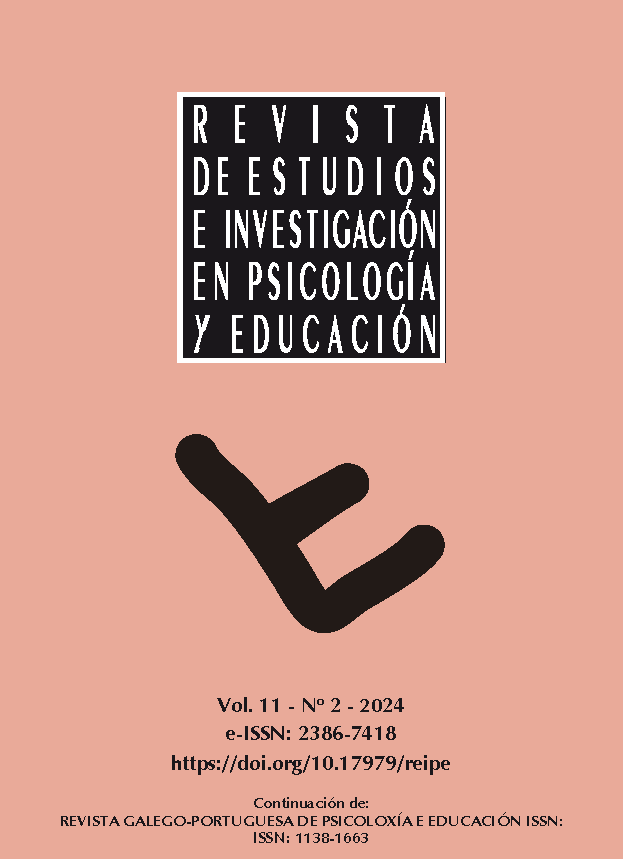Boniteza, la experiencia estética en arte y educación. Avances y argumentos científicos desde las neurohumanidades
##plugins.themes.bootstrap3.article.main##
Resumen
Este artículo desarrolla el concepto de boniteza, inspirado en las teorías del gran pensador Paulo Freire, para argumentar cómo se produce la experiencia estética en arte y educación. La boniteza es la belleza de las cosas que vemos, observamos y palpamos, pero desde una profunda relación entre su ética y estética en la mente humana. Intentando demostrar esta relación, se hizo un análisis de la experiencia estética presente en el arte contemporáneo y en los objetos de la vida cotidiana y como esta interfiere en la cognición de las personas. Para justificar esta tesis, se desarrolla una metodología de scoping review para exponer los avances desde la neurociencia y neuroestética. Se analizaron y seleccionaron varios estudios científicos que explican, significativamente, cómo se producen las experiencias estéticas desde las artes visuales, la performance, la pintura, la música o la fotografía, entre otras disciplinas. Como conclusión se abre un nuevo campo científico en educación artística para explorar nuevas líneas de investigación en torno a la experiencia estética desde las neurohumanidades.
Descargas
##plugins.themes.bootstrap3.article.details##

Esta obra está bajo una licencia internacional Creative Commons Atribución-CompartirIgual 4.0.
Los trabajos publicados en esta revista están bajo una licencia Creative Commons Reconocimiento-CompartirIgual 4.0 Internacional.
Los/as autores/as son los titulares de los derechos de explotación (copyright) de su trabajo, pero ceden el derecho de la primera publicación a la Revista de Estudios e Investigación en Psicología y Educación, la cual podrá publicar en cualquier lengua y soporte, divulgar y distribuir su contenido total o parcial por todos los medios tecnológicamente disponibles y a través de repositorios.
Se permite y anima a los/as autores/as a difundir los artículos aceptados para su publicación en los sitios web personales o institucionales, antes y después de su publicación, siempre que se indique claramente que el trabajo está en esta revista y se proporcionen los datos bibliográficos completos junto con el acceso al documento, preferiblemente mediante el DOI (en caso de que sea imprescindible utilizar un pdf, debe emplearse la versión final maquetada por la Revista). En el caso de artículos que provengan de estudios o proyectos financiados, esto se hará en los plazos y términos establecidos por la entidad o entidades financiadoras de la investigación publicada.



